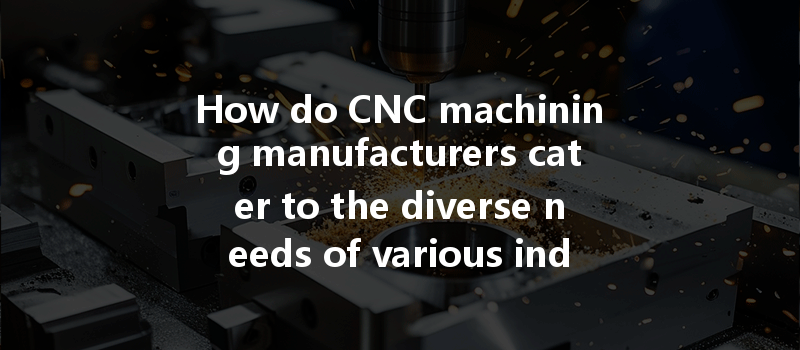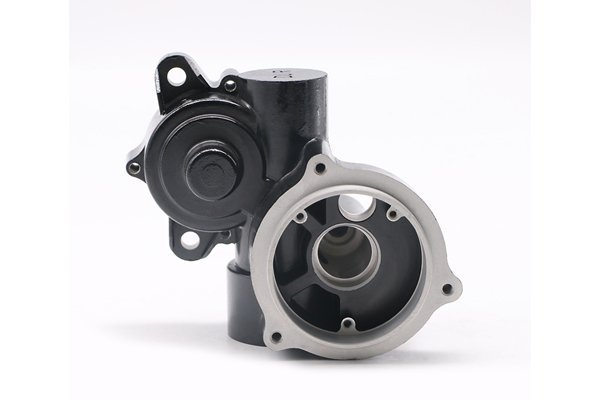Opening
Did you know that the global CNC machining market is projected to reach $100 billion by 2024? This rapid growth is fueled by the increasing demand for precision manufacturing across multiple industries, from aerospace and automotive to medical devices and electronics. In today’s fast-paced and technologically driven world, customers expect high quality, precision, and customization in their manufacturing processes. But how exactly do CNC machining manufacturers meet these diverse industrial needs?
to CNC Machining
Computer Numerical Control (CNC) machining is a revolutionary technology that automates the process of cutting and shaping materials with extreme accuracy. By using coded instructions fed into specialized machines, CNC manufacturers can create intricate components from various materials, including metals, plastics, and composites. The versatility of CNC machining allows manufacturers to cater to a wide array of industries, each with its specific requirements. But what does that adaptability look like?
Understanding Industry-Specific Needs
Key Factors in Addressing Diverse Needs

CNC machining manufacturers are increasingly adopting advanced technologies such as IoT and AI. By integrating these technologies, they can enhance precision, reduce waste, and streamline processes. For example, predictive maintenance systems can alert manufacturers about potential breakdowns, ensuring operational efficiency.
A well-trained workforce is invaluable to the success of CNC machining services. Employees with expertise in programming, machine operation, and quality control are crucial in meeting diverse industrial demands. Manufacturers invest in training programs to ensure that their staff is up to date with the latest industry standards and technologies.
CNC machining manufacturers excel in providing customized solutions tailored to each client’s needs. This can range from specific material selections and machining processes to unique product designs. By actively engaging with clients and gathering their requirements, manufacturers can deliver increasingly innovative solutions.
Continuous quality control processes are vital for CNC machining manufacturers. By implementing rigorous testing and inspection methods, they can ensure that each product meets the desired specifications and standards. Tools such as Coordinate Measuring Machines (CMM) are frequently used to validate precision.
As industries grow conscious of environmental impacts, there is a rising demand for sustainable practices. CNC machining manufacturers are turning to environmentally friendly processes by utilizing recycled materials and optimizing energy consumption. This commitment not only meets market demand but also drives innovation within the workflow.
Future Trends in CNC Machining
The CNC machining industry is continuously evolving, driven by technological advancements and changing market demands. Here are some notable trends to watch for:
CNC machining manufacturers play a pivotal role in addressing the diverse needs of various industries, ranging from aerospace to medical devices. By embracing advanced technologies, skilled expertise, and customer-centric practices, these manufacturers can deliver high-quality, tailored solutions that meet the demands of today’s ever-evolving market landscape.
Understanding the importance of CNC machining in our industrial economy is crucial for businesses seeking efficient and precise solutions. It not only highlights the potential for innovation but also drives strategic conversations around how industries can collaborate with CNC manufacturers to achieve their goals.
In a world where precision, speed, and customization are paramount, CNC machining manufacturers stand at the forefront, making significant contributions to numerous sectors. As you reflect on this knowledge, consider the implications of adopting CNC machining solutions for your businesses — the opportunity to revolutionize your manufacturing processes is within your reach.
Related Posts
- What are the key factors to consider for ensuring delivery time and quality in CNC machining batch production?
- What Are the Key Differences in Application Scope and Cost Between Five-Axis and Three-Axis CNC Processing?
- How to Deal with Rising Procurement Costs in CNC Machining: Effective Strategies and Tips?






